SEO software developers MOZ this week released their State of Local SEO Industry Report 2019 based on data from a survey of 1400+ local marketers, both agency and in-house, across a broad spectrum of industries and job titles.
Essentially all those surveyed agreed that in local search, there's a lack of serious competition for Google and paid results are becoming increasingly important.
Some key detailed findings:
- 32% of marketers said proximity to the searcher is the top ranking factor in Google Local Pack. "Proper Google Local categorization" was #2 at 10%.
- 90% agreed that Google's focus on proximity sometimes or frequently adversely affects the quality of search results.
- Degree to which marketers' companies benefited from the Google 1 August 2018 algorithm update correlates positively with the number of SEOs on staff. 52% of brands and 23% of agencies with 6 or more SEOs on staff said they benefited from the update, vs. only 7% of brands and 8% of agencies with no SEOs on staff.
- 64% of respondents agreed that "Google is becoming the new homepage for local businesses" - because Google displays so much information that users don't need to click through to the business's own website.
- However: 65% of marketers agreed that businesses with websites that rank highly in organic search also have high visibility in local search - so their organic website authority is supporting local search rank.
- 49% agreed that Google Posts, Q&A and other Knowledge Panel features affect local search rankings.
- But 29% of small local business marketers and 20% of large local brand marketers said they were not familiar with the Google Knowledge Panel. (This is where the most basic business information like address, phone number and hours appears.)
- 91% of respondents agreed that various aspects of Google reviews influence Local Pack rankings.
- 66% of respondents said they now care most about conversions and revenue; rankings and traffic are less important (both at 14%).
- However: 20% of small-business marketers still see high rankings as their highest priority.
- 62% of marketers find that there's a lack of good local SEO training.
- Top local-marketing services requested of marketers are:
- On-site SEO 19%
- Website design 12%
- Analysis of ranking/traffic/conversions 12%
- Content development 10%
- Social media 10%
- 24% (#1 response) of marketers said they plan to learn more about organic SEO in the next 12 months. ("New Google Local features" was #2 at 14%.)
- 17% of enterprise-size businesses (1000+ employees) have no SEOs on staff.
- Only 22% of small-business marketers claimed to have a "deep understanding" of SEO.
- 35% of marketers said they have no local link building strategy in place. The #1 pick of those who do have one was "content development".
- 60% said their company has no review-management structure in place.
- 31% said their company isn't ready for Google's mobile-first index.
- 69% said their company uses Google paid-advertising products. Growth of Google's Local Service Ads program will likely lead to an increase in that % in 2019.
- Only 10% of companies are using in-store marketing technologies.
- 34% of companies don't regularly use e-mail for marketing, despite its high ROI.
- Barely half of companies are using word-of-mouth or loyalty programs.
- 75% of marketers say they're getting involved in offline business issues.
- 90% of marketers use no more than 5 local SEO tools - maybe more /better tools are needed.
- Top Google tools marketers say they're using:
- Analytics 93%
- Search Console 76%
- GMB Insights 65%
- Tag Manager 47%
====================================
Comments:
- Google seems to be really into "near me" searches right now, so the proximity/quality tradeoff won't be going away anytime soon.
- To be competitive, local businesses now need both a strong presence in Google local search, and a website that ranks well in organic search. (This creates job security for marketers.)
- Nobody should be unfamiliar with the Knowledge Panel.
- High rankings are kind of like social-media follows: they don't pay the rent.
- Mobile-first readiness is essential to getting all those "near-me" searches.
- Companies and agencies should use the MOZ findings as a taking-off point for a SWOT analysis aimed at correcting knowledge/capability gaps.

 - David
- David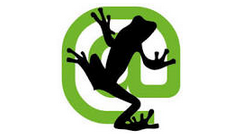
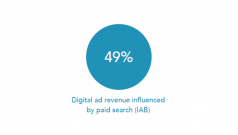



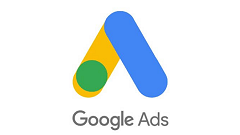
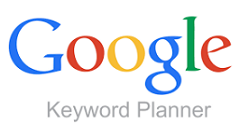
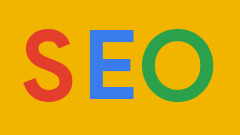
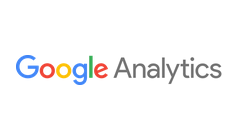
Comments on Google's dominance in local search leads marketers to seek creative alternatives